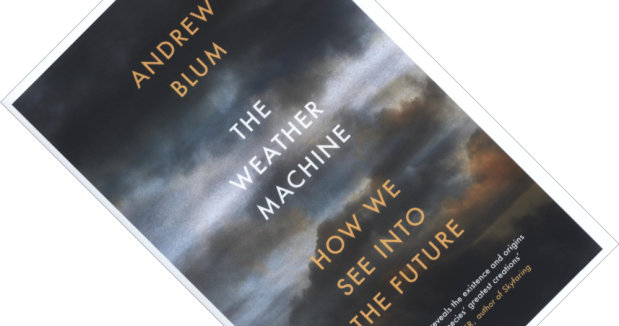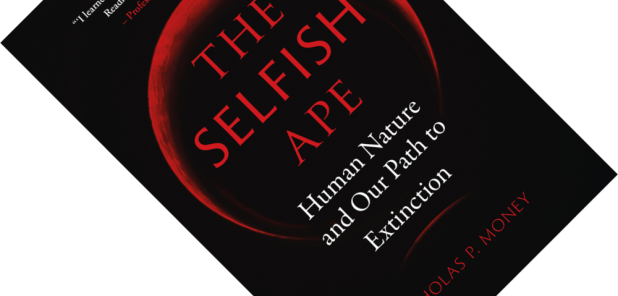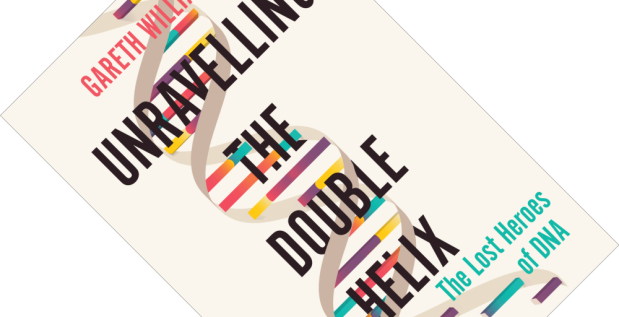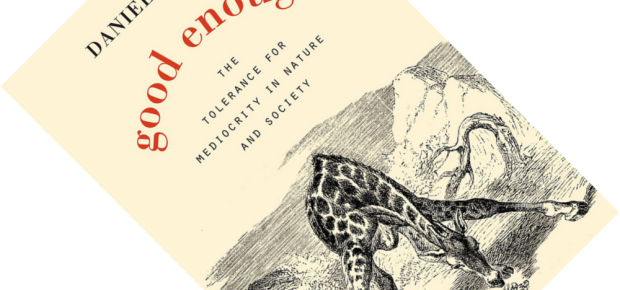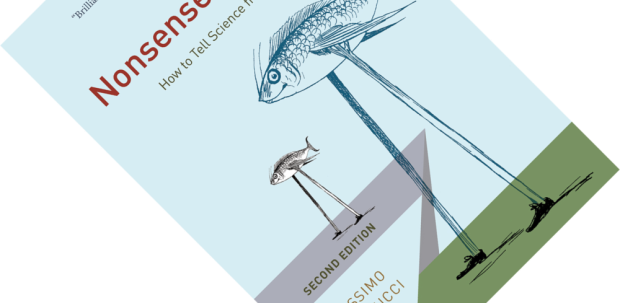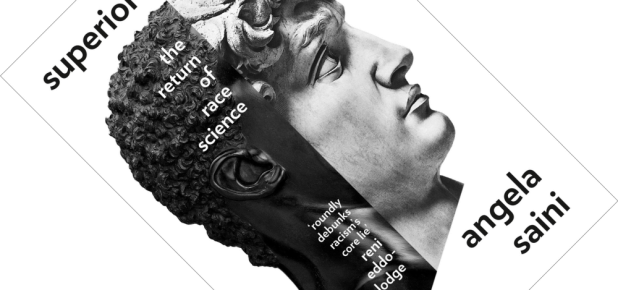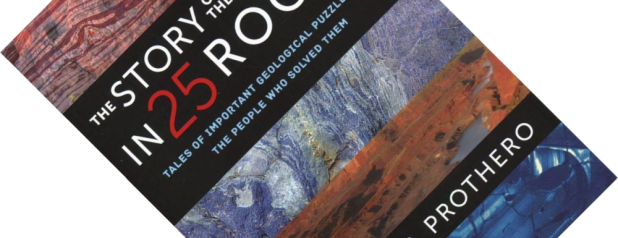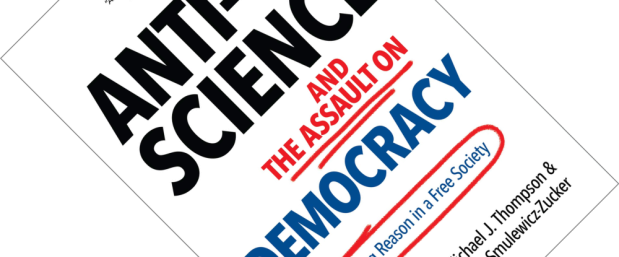6-minute read
Checking the weather forecast is like flushing your toilet. A banal activity we all engage in a few times a day. But does anyone of us really know what goes into making it? Andrew Blum is fascinated by infrastructures. His previous book Tubes explored the physical infrastructure that keeps the internet running. Here he delves into the infrastructure that enables weather predictions. Most of us might have an inkling it involves satellites and computer models, but that does not begin to describe the globe-spanning collaborative network that hides under the bonnet.

